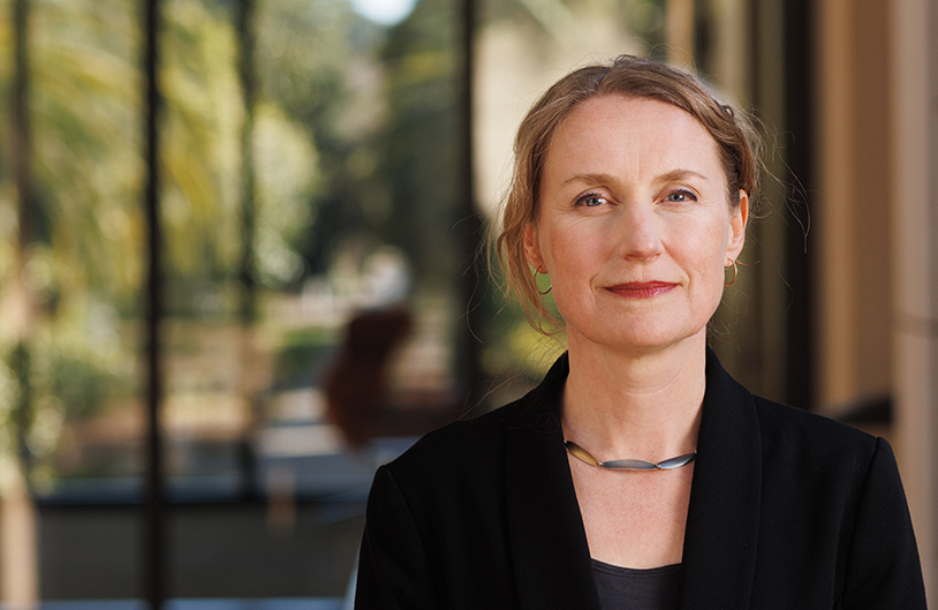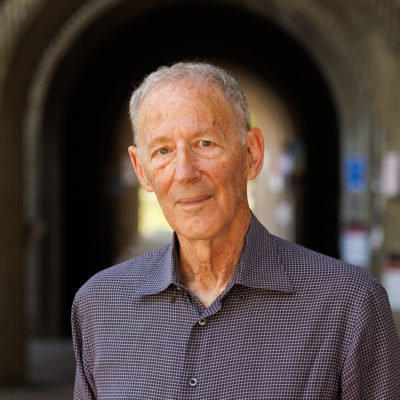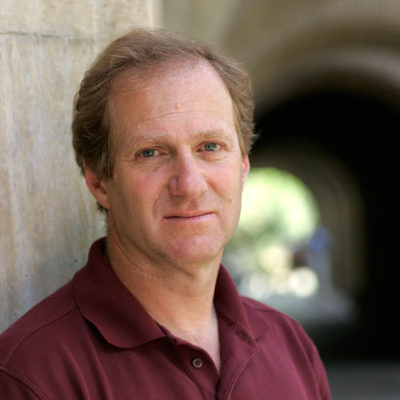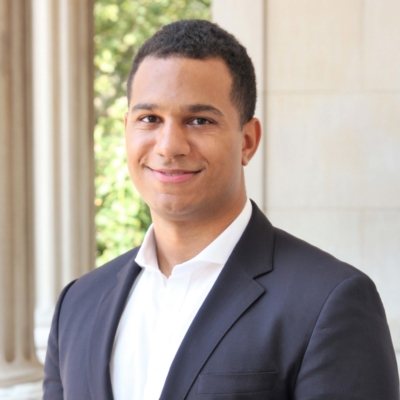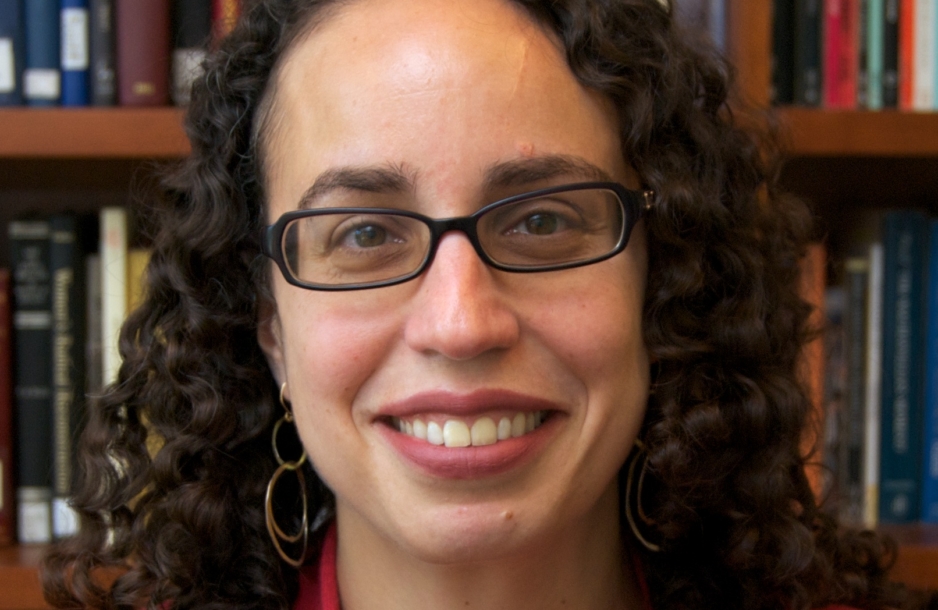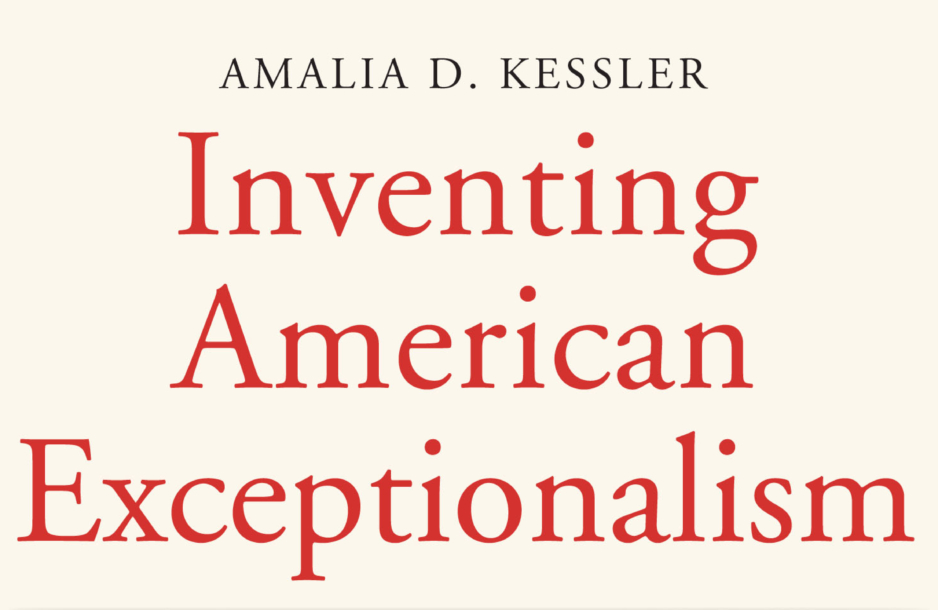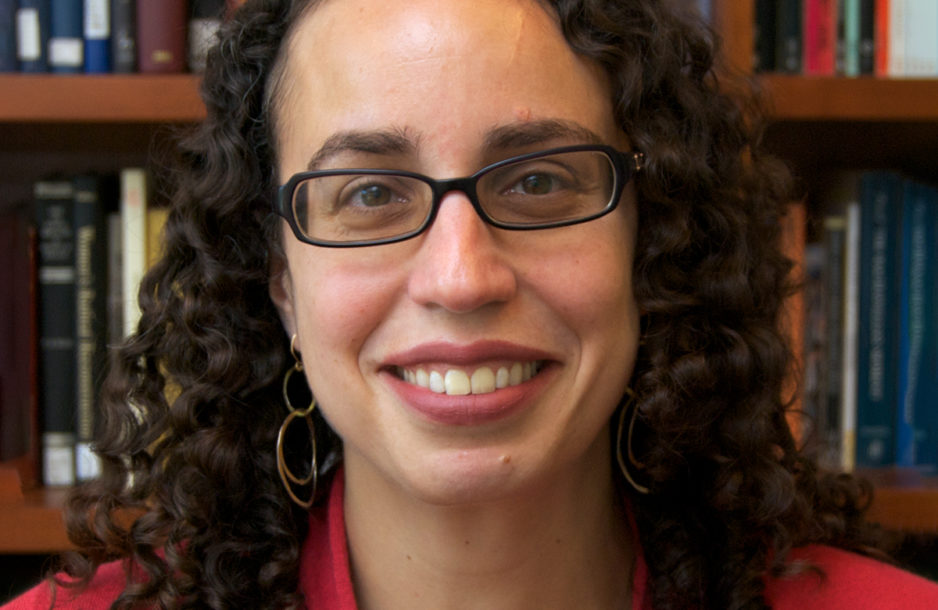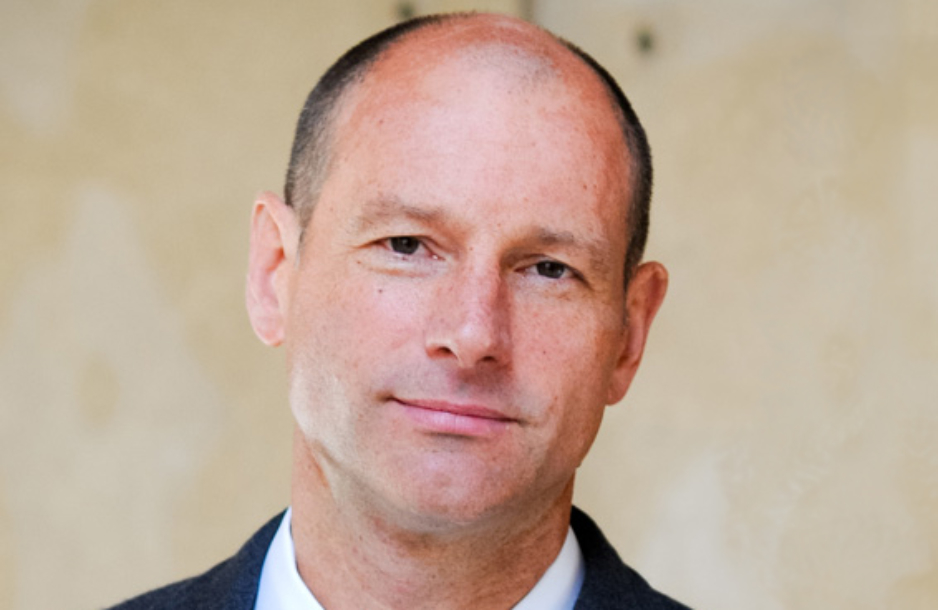Faculty Research
SLS faculty members are high-impact scholars whose research defines the cutting edge.
Consistently recognized for their excellence and influence on how people think, on public policy and on the world, Stanford Law scholar-educators are committed to research that crosses disciplines and defines the frontiers of law. SLS faculty are among the most prolific legal scholars in the country, producing widely used casebooks, scholarly articles, empirical studies, working papers, editorials, briefs and academic and popular books on everything from cyberlaw to constitutional law to racial profiling.
The Legal Aggregate

Stanford’s Robert Weisberg on Overturning of Harvey Weinstein NY Conviction
On April 25, the 2020 conviction of film magnate Harvey Weinstein for felony sex crimes was overturned by a New York Court of Appeals. Weinstein had been serving a 23-year sentence at Mohawk Correctional Facility in upstate New York. In 2022, Weinstein was also convicted in Los Angeles of charges,…
Read MoreFaculty Scholarship Featured in Stanford Lawyer Magazine
Empiricists At Work
More than a quarter of the SLS faculty conducts empirical research in pursuit of legal insights and solutions to pressing societal challenges.
John J. Donohue III
The impact of law and public policy in a wide range of areas, including civil rights and antidiscrimination law, employment discrimination, crime and criminal justice, and school funding
David Freeman Engstrom
Institutional design of litigation and regulatory regimes, including the roots of American employment discrimination law
Nora Freeman Engstrom
Tort law and professional ethics
Lawrence M. Friedman
Legal history as a branch of social history
Joseph A. Grundfest
Capital markets, corporate governance, and securities litigation
Deborah Hensler
Dispute resolution, complex litigation, class actions, and mass tort liability
Daniel E. Ho
Administrative law, antidiscrimination law, and courts
Mark G. Kelman
Social science approaches to diverse legal fields, including criminal law, taxation, administration regulation, and disability law
Daniel P. Kessler
Health policy and health care finance
Michael Klausner
Corporate law, corporate governance, business transactions, and financial regulation
Mark A. Lemley
Intellectual property, computer and Internet law, patent law, trademark law, antitrust, and remedies
Robert J. MacCoun
Law and psychology, including illicit drug use, drug policy, social influence processes, and bias in the use and interpretation of research evidence
Michelle M. Mello
Effects of law and regulation on health care delivery and population health outcomes
Alison D. Morantz
Law and economics of protective labor regulation, enforcement of workplace safety laws, and legal history
Julian Nyarko
Empirical realities of agreement design under U.S. and international law
Anne Joseph O’Connell
Administrative law and the federal bureaucracy
Lisa Larrimore Ouellette
Empirical and theoretical problems in intellectual property and innovation law
Jeff Strnad
Law & economics, public policy & empirical studies
David M. Studdert
How the legal system influences the health and well-being of populations


